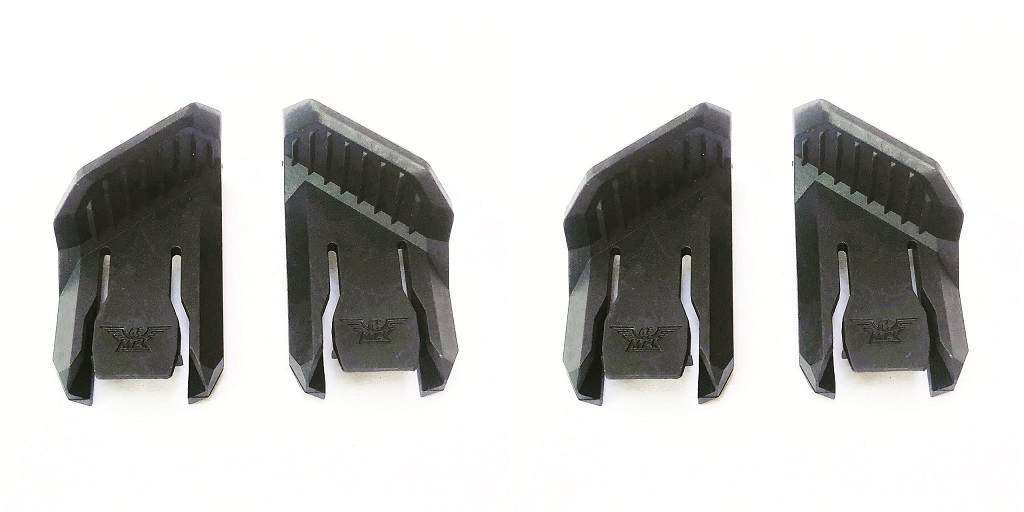Introduction
Dram shop laws play a vital role in promoting responsible alcohol service and protecting public safety. These laws hold establishments that serve alcohol accountable for the actions of their patrons, particularly when those patrons cause harm due to intoxication. This overview explores how Dram Shop Law Cases function to ensure that bars, restaurants, and other alcohol-serving venues uphold their responsibilities.
Understanding Dram Shop Laws
Definition and Purpose
Dram shop laws are statutes that impose liability on alcohol-serving establishments for injuries or damages caused by intoxicated patrons. The primary purpose of these laws is to reduce alcohol-related incidents, such as drunk driving accidents, assaults, and other harmful behaviors resulting from excessive drinking.
Historical Background
The roots of dram shop laws can be traced back to the 18th century in England, where tavern owners were held liable for the actions of their patrons. In the United States, these laws were adopted at various levels, leading to a patchwork of regulations across different states. Each state has its own specific provisions regarding liability, damages, and enforcement.
Key Components of Dram Shop Liability
1. Establishment Responsibility
Establishments that serve alcohol have a legal duty to monitor their patrons’ behavior and ensure they do not over-serve individuals who are visibly intoxicated. If an establishment fails to uphold this duty, it can be held liable for any resulting harm.
2. Visible Intoxication
To establish liability, it must be demonstrated that the establishment served alcohol to a patron who was visibly intoxicated. Indicators of visible intoxication can include slurred speech, impaired coordination, or aggressive behavior. Evidence such as witness statements, video footage, and expert testimony may be necessary to prove this point.
3. Serving Minors
Dram shop laws also impose strict penalties on establishments that serve alcohol to minors. Serving underage individuals can lead to civil liability and criminal penalties, including fines and loss of liquor licenses.
4. Causation
In dram shop cases, establishing a direct link between the establishment’s actions and the harm caused is crucial. For instance, if an intoxicated patron causes an accident after leaving a bar, the injured parties may pursue a claim against the bar for damages.
Common Scenarios in Dram Shop Cases
1. Drunk Driving Incidents
One of the most prevalent scenarios in dram shop cases involves drunk driving accidents. If a bar serves a patron who is visibly intoxicated, and that patron subsequently causes an accident, the injured parties may hold the bar liable under dram shop laws.
2. Assaults and Violence
Dram shop cases can also arise from incidents of violence. If an intoxicated patron assaults another individual, the victim may file a lawsuit against the establishment for serving alcohol to the aggressor, arguing that the bar failed to prevent foreseeable harm.
3. Underage Drinking Claims
Cases involving underage drinking often lead to dram shop claims. If a minor is injured after being served alcohol at a bar, the establishment can be held liable for violating laws regarding the sale of alcohol to minors.
Challenges in Dram Shop Litigation
1. Proving Intoxication
One of the significant challenges in dram shop cases is proving that a patron was visibly intoxicated at the time of service. This often requires substantial evidence, including witness testimony and surveillance footage.
2. Vicarious Liability Defenses
Establishments may attempt to defend against dram shop claims by arguing they should not be held vicariously liable for the actions of their patrons. However, courts generally uphold the principle that establishments have a responsibility to monitor their patrons and take appropriate action when necessary.
3. Insurance Complications
Dram shop liability can complicate insurance matters for establishments. Many commercial liability insurance policies include exclusions for alcohol-related incidents, leaving establishments vulnerable in the event of a lawsuit. Understanding the nuances of insurance coverage is crucial for bar and restaurant owners.
The Role of State Laws
Dram shop laws vary significantly from state to state, with each state having specific requirements regarding liability, damages, and defenses. Some states have enacted strict liability statutes, while others follow a more lenient approach. Understanding these variations is essential for legal practitioners and those involved in the alcohol industry.
Recent Trends
In recent years, there has been a growing trend toward stricter enforcement of dram shop laws. This includes increased penalties for establishments that violate these laws and expanded definitions of liability. As public awareness of alcohol-related harm increases, the pressure on establishments to adhere to responsible serving practices has intensified.
Conclusion
Dram shop law cases serve as a critical mechanism for holding alcohol-serving establishments accountable for their role in promoting responsible drinking. By imposing liability on bars, restaurants, and other venues, these laws aim to protect the public from the dangers associated with intoxication. As the legal landscape surrounding alcohol service continues to evolve, it remains essential for establishments to understand their responsibilities and for the public to be aware of their rights. Through effective enforcement of dram shop laws, communities can work towards reducing alcohol-related harm and fostering a safer environment for all.




